Photography by Nate Chappell
Leadership, teamwork, and problem solving are just a few of the invaluable skills that summer camps teach our youth. At Camp Fire Sunshine Central Florida, kids discover their “spark” and make powerful memories along the way.
Annual camping trips create some of the fondest memories of our childhood. From making s’mores and swimming in a lake to singing around the campfire and pitching a tent, this leisure pastime isn’t just one to enjoy; it also builds skills that can last a lifetime.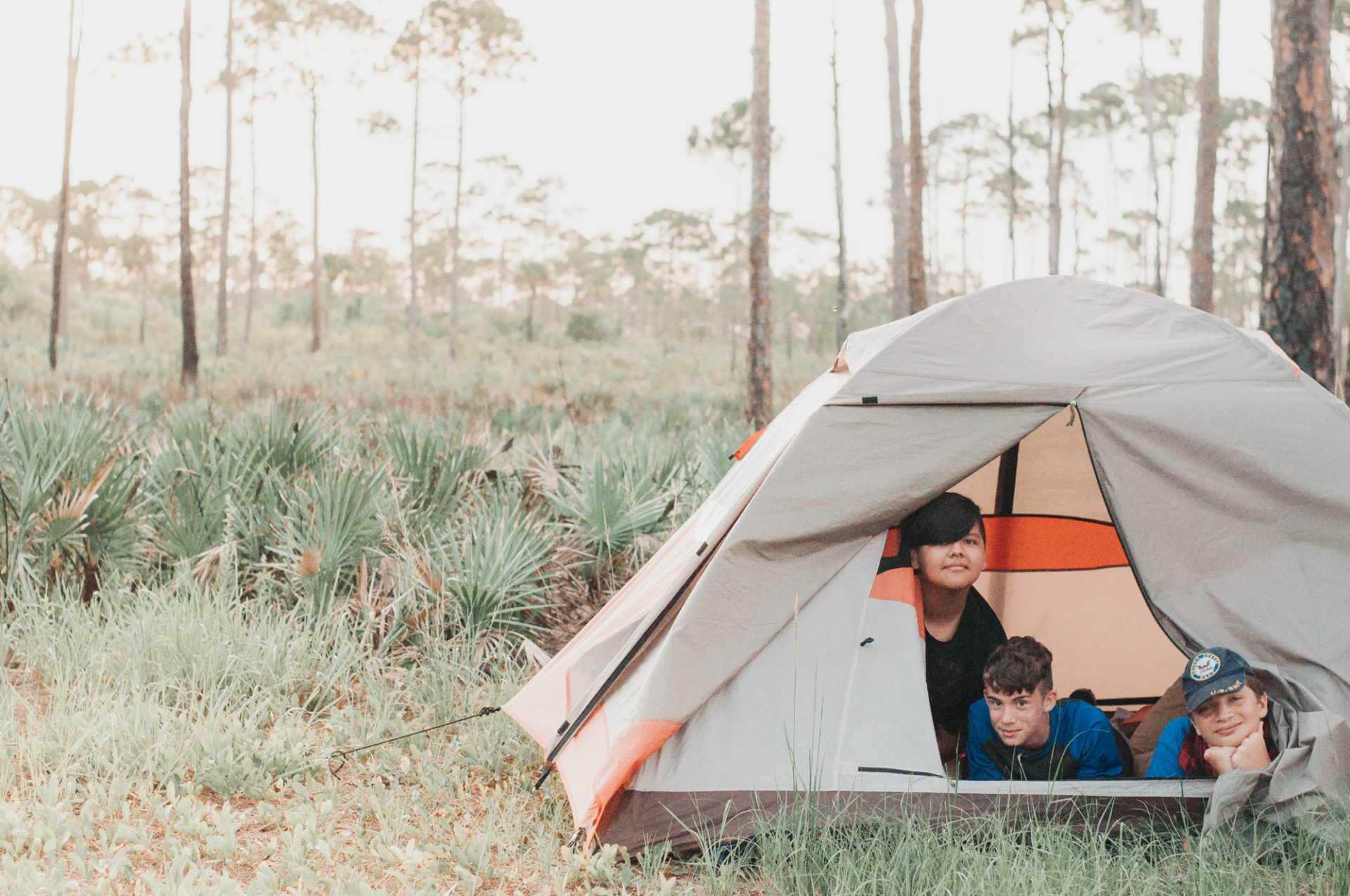
Camp Fire Sunshine’s “Service Learning Road Trip Program” takes things up a notch as it keeps the tradition going every year for local youth. With three trips per year (an Alternative Spring Break, Nature Quest, and CF66 Service-Learning Road Trip), Camp Fire is covering all bases for teens to discover and embrace the great outdoors, their own personalities, and growing passions.
Alternative Spring Break (ASB) caters to sixth to 12th graders and is held Monday through Friday, aligning with spring break for Polk County Schools. Participants stay in one location for the trip, which, in the past, has taken part in Florida or nearby states like Georgia or Alabama. While there, 10 teens and three staffers complete a service project for a different non-profit or municipality daily.
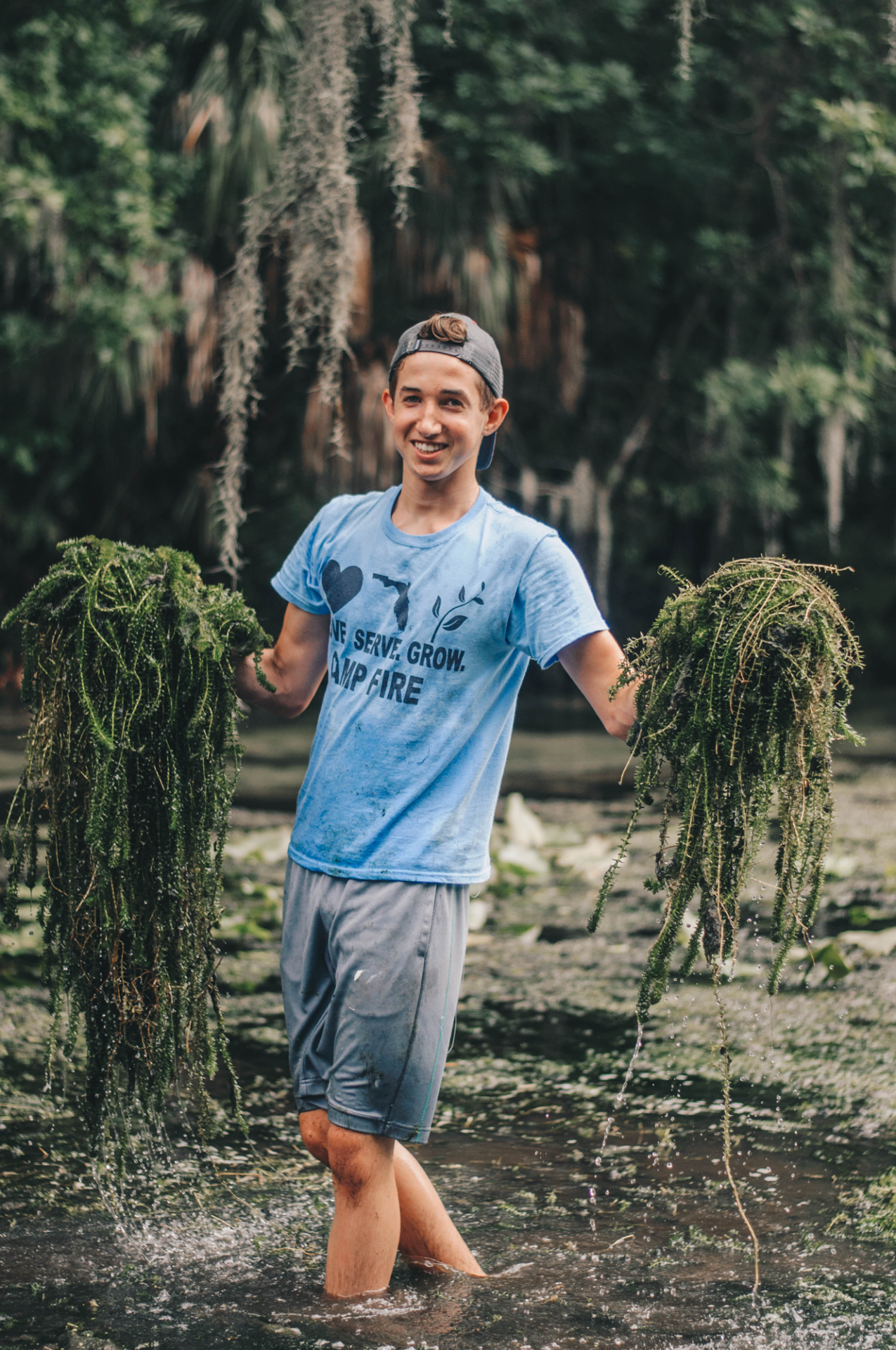
Sixth to 12th graders can also take advantage of Nature Quest, a four-day trip held at a state park or nature center each June. These participants (also 10 teens and three staff members) roll up their sleeves to complete a service project like trail maintenance, beach cleanup, or exotic invasive plant removal.
Held every July, the CF66 Service-Learning Road Trip is strictly for high schoolers who enjoy a week of service projects, team-building activities, and self-reflection. They stay at various locations every night (some nights in a tent, others in a cabin or floor of a recreational center), and even cook most of their own meals, with a fast-food treat allowed every once in a while.
Executive Director Lynn Anne Castleberry shared with The Lakelander the heart of the programs. “All three programs are the brainchild of our previous Executive Director Holly Lane.”
Sadly, Lane passed away in March 2019.
“Holly’s passion for teens, nature, and relationship building shines through these programs,” says Castleberry. “Prior to becoming director she was the teen program coordinator for many years. The majority of the programming we do to this day all leads back to Holly.”
While there are a variety of programs, Castleberry says each one leaves teens with valuable and long-lasting experiences.
“Our teen programs teach lifelong skills: leadership, teamwork, problem-solving. The teens also learn about each of the communities that they travel to, as well as the needs and mission of the non-profit they are working with. Teens also earn service hours during each of the service projects — often required for high school graduation and scholarships.”
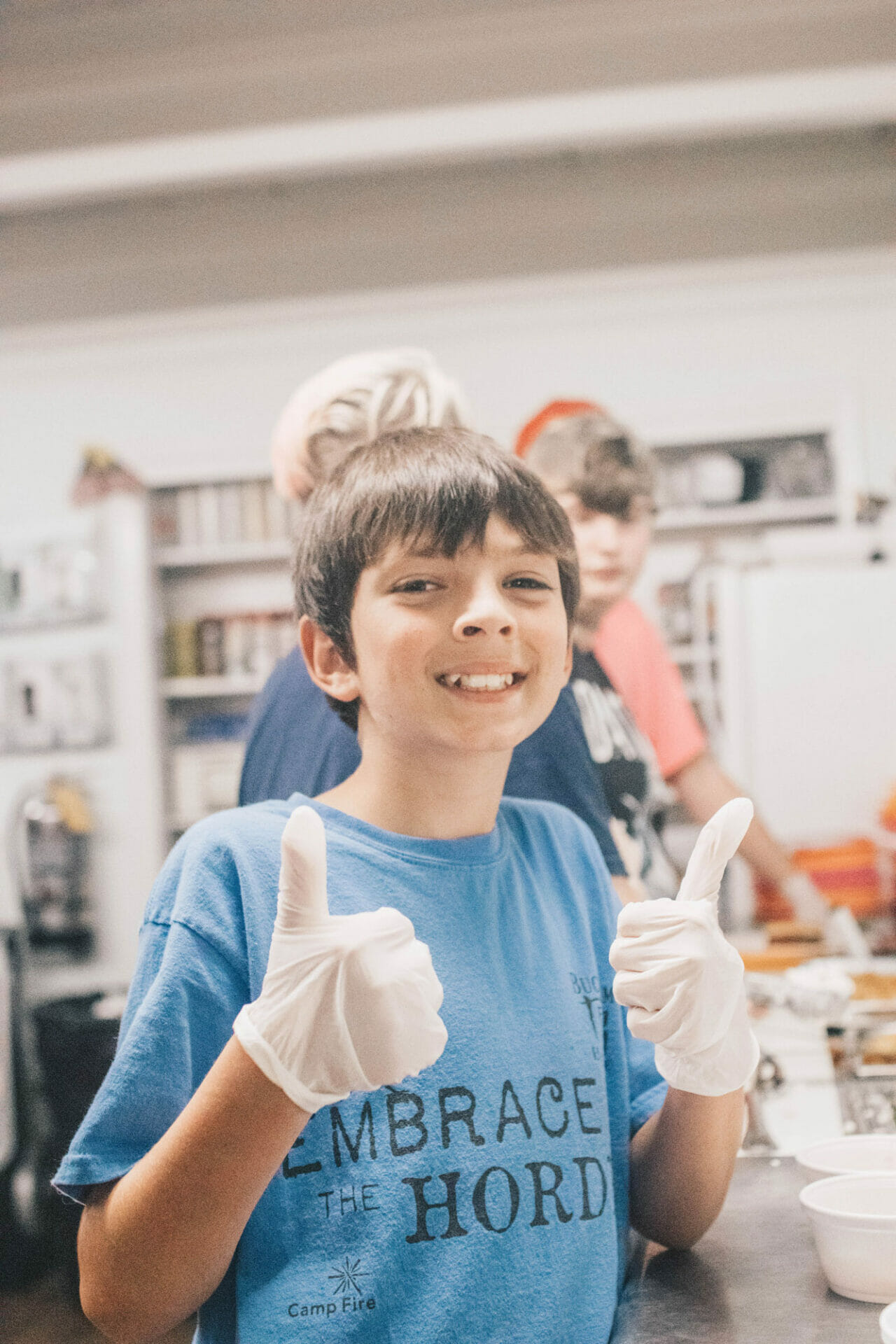
Campers are able to volunteer at unique locations on their trips like at the Loggerhead Marinelife Center or a food kitchen for people experiencing homelessness.
She adds, “Every day starts with an ice breaker/team building, and ends with a reflection period and a celebration of their accomplishments. The reflection period allows the teens to discuss what they learned that day, what they enjoyed, what they didn’t, and how they overcame any hurdles.”
The programs are considered a haven and oasis for local youth, who take advantage of the much-needed time away from technology.
“We believe in the power of nature to awaken the senses and the desire to learn,” says Castleberry. “Our camp and outdoor programs allow teens to unplug from technology for a full week and explore, grow, challenge themselves, make new friends, get out of their comfort zone, gain confidence, and make powerful memories that will have an impact on their lives. All cell phones are gathered at the very beginning of the trip. Teens are allowed a call home mid-week. Phones are recollected and returned at the end of the trip.”
Interestingly enough, participants have learned to live without their cell phones just fine by the close of the week.
“Very much to the surprise of each teen, they survive the entire week without electronics of any kind.”
The program aims to help participants find their true passion, which ideally leads to them discovering their life’s work.
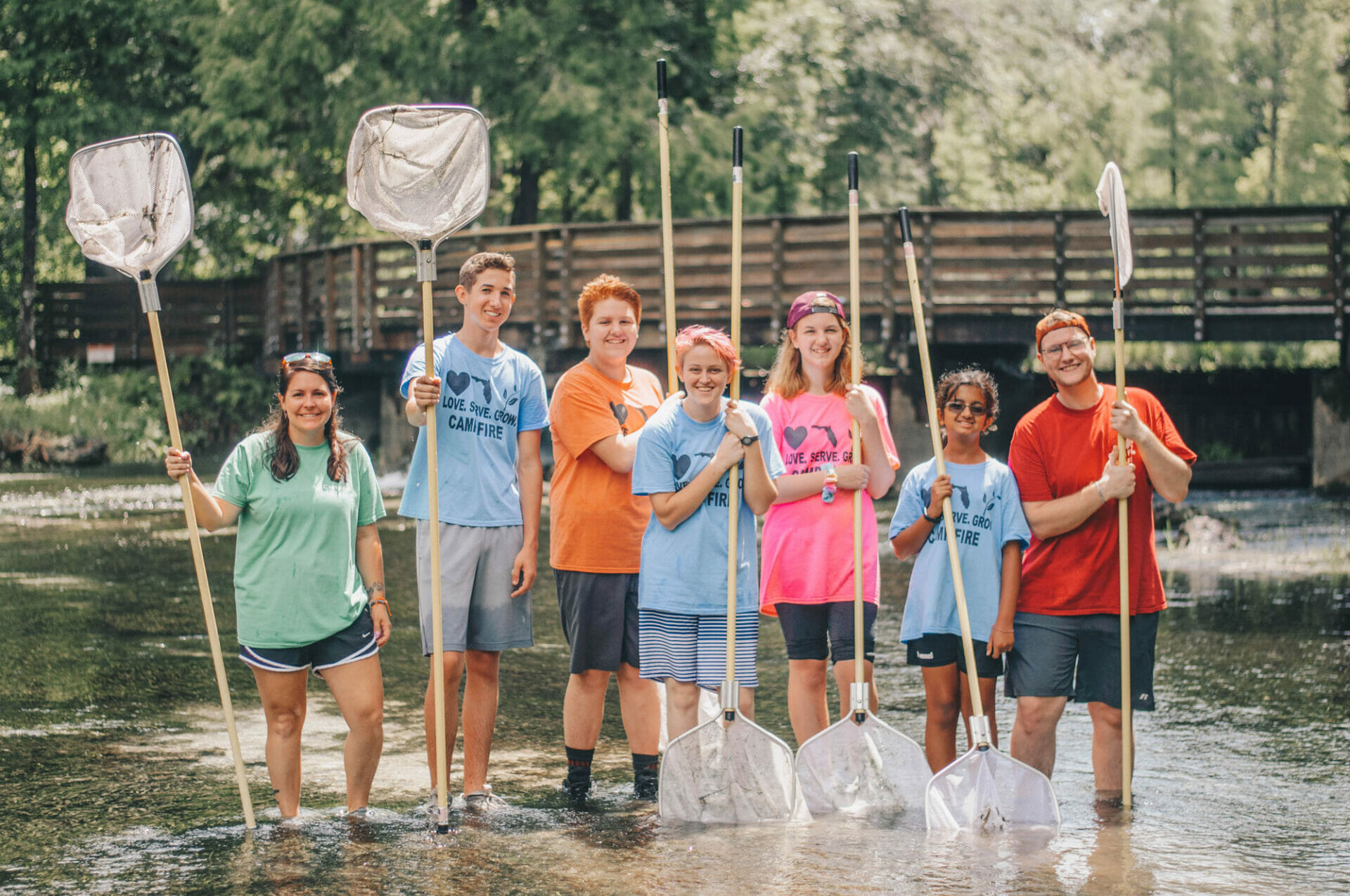
“Camp Fire helps youth dig deep inside and discover their ‘sparks,’ their personally defined nuggets of potential. Helping a young person become who they want to be takes time and encouragement. It takes paying attention to what sparks a passion. At Camp Fire, that’s what we do. We listen, we encourage, and we provide the opportunity to uncover each young person’s unique interests. We help youth become the exceptional people they are destined to be, buoyant with potential to do anything they dream of doing.
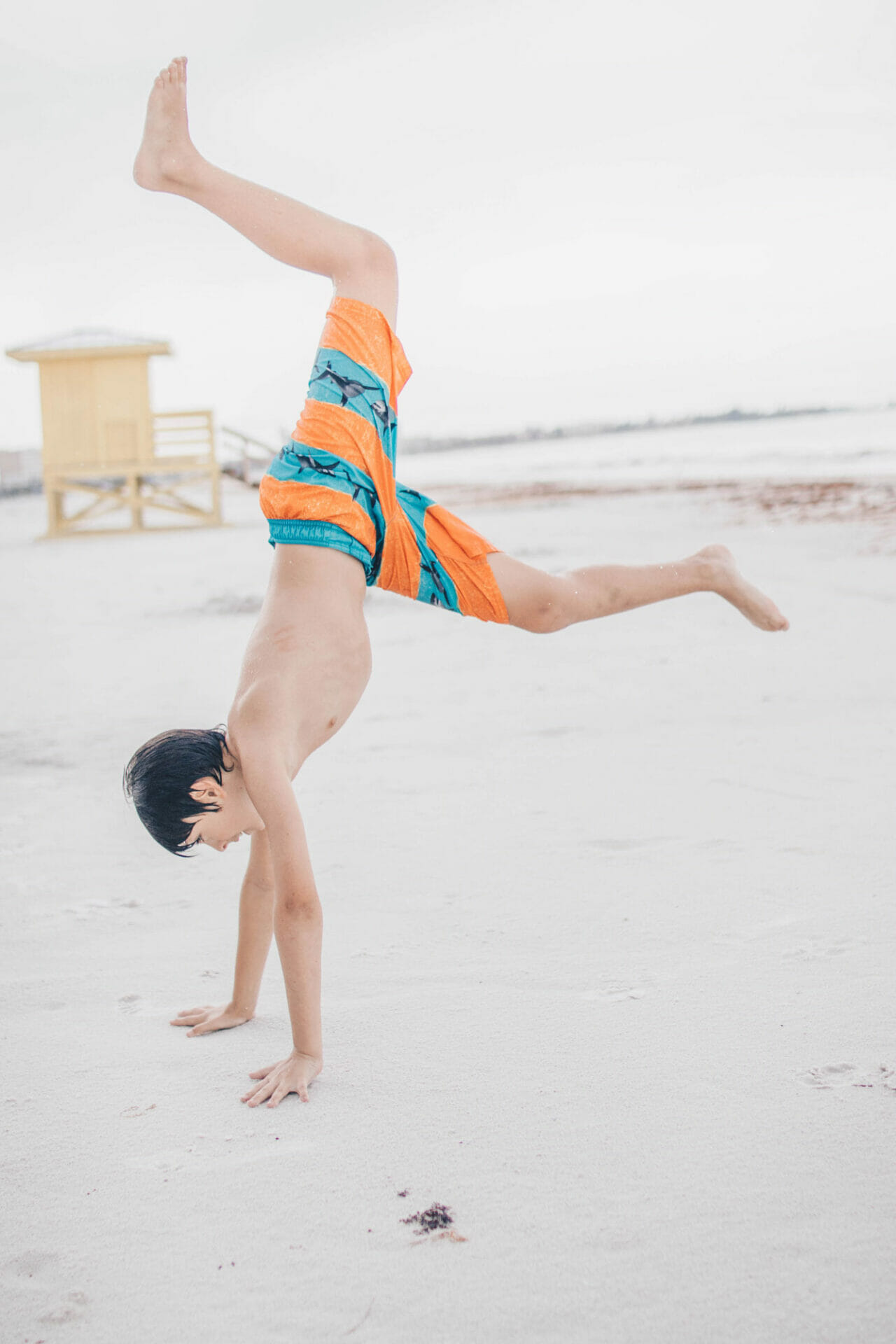
“Our promise is that young people want to shape the world. Camp Fire provides the opportunity to find their spark, lift their voice, and discover who they are. In Camp Fire, it begins now. Light the fire within.”
Fortunately, the fallout from all things COVID-19 has not resulted in a dire impact on the programs. Castleberry points out that the ASB will focus on projects in the Greater Lakeland area this year, while Nature Quest and CF66 will continue as they have in previous years.
This wasn’t the case last year, in the earlier days of the coronavirus pandemic as ASB, which was slated for a Central Alabama location, was canceled. The other two programs saw major changes as well.
Camp Fire prides itself on its inclusion statement, which notes that it “believes in the dignity and the intrinsic worth of every human being.” It does not discriminate but instead supports youth of any abilities and disabilities, races, and ethnicities, no matter their social-economic background, sexual orientation, gender identity, or expression.
Camp Fire Sunshine
2600 Buckingham Avenue Lakeland, FL 33803
